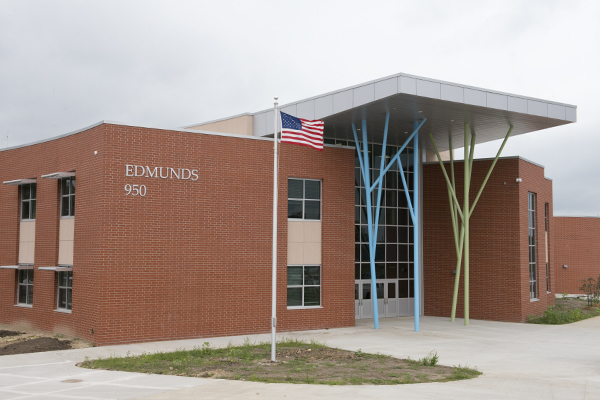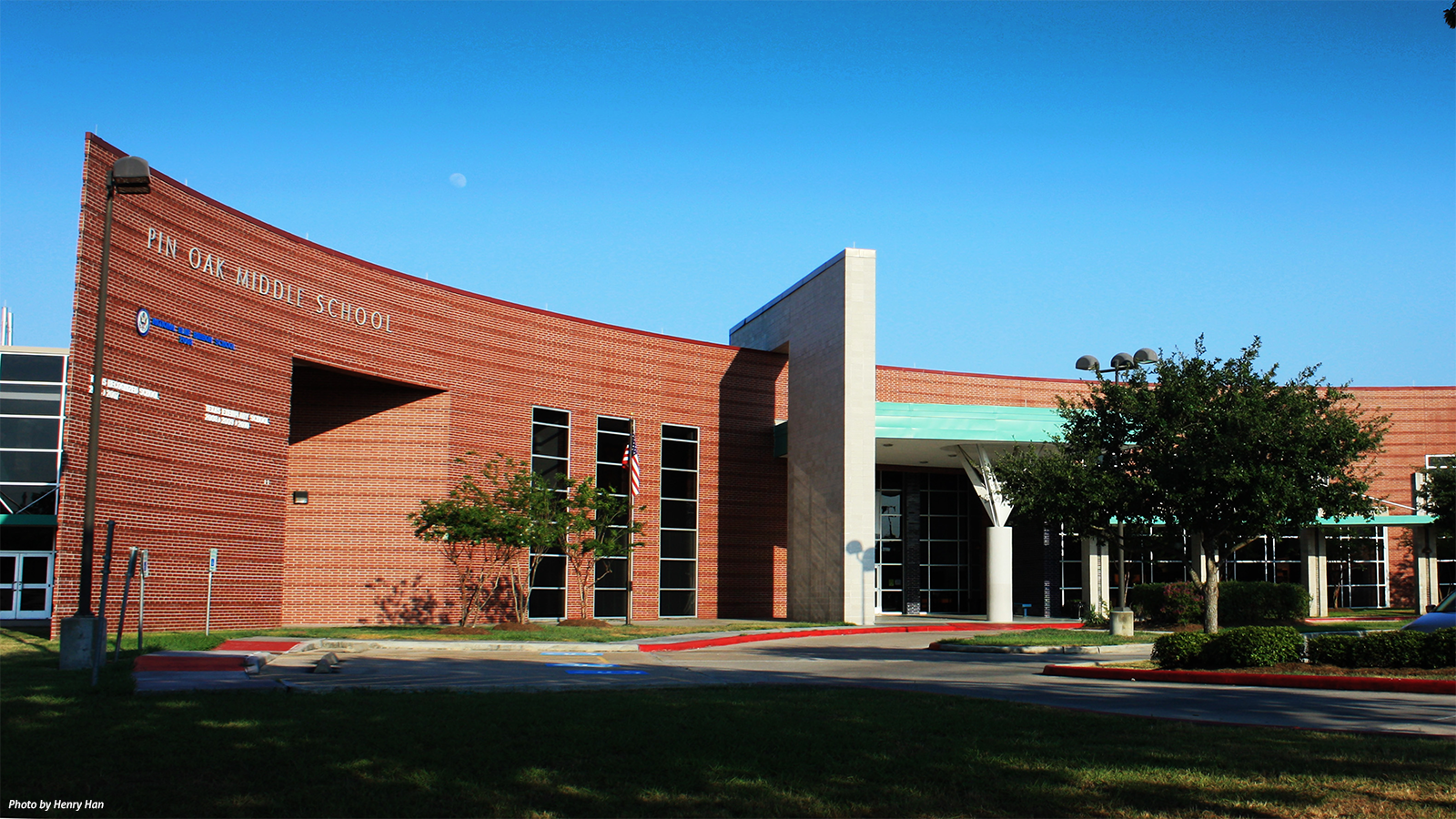Fundraising Concepts to Conserve Temecula Schools and Programs
Fundraising Concepts to Conserve Temecula Schools and Programs
Blog Article
Recognizing the Value of Institutions in Youngster Advancement and Community Growth
Colleges' interaction with regional communities with service-learning campaigns reinforces the bond between family members and instructional establishments. This cooperative partnership underscores the significance of colleges in nurturing energetic citizenship and long-lasting discovering routines.
Academic Accomplishment
Academic success offers as a keystone of youngster growth, giving the structure whereupon future discovering and success are developed. Colleges play an essential role in promoting this academic growth, providing organized atmospheres where kids can obtain important expertise and cognitive abilities. Standardized educational program ensure that trainees gain efficiency in core subjects such as mathematics, science, and language arts, which are critical for both college and expert opportunities.
Along with passing on fundamental academic abilities, institutions likewise grow critical thinking, analytic abilities, and intellectual curiosity. These cognitive expertises are vital for browsing complex real-world circumstances and adapting to the ever-evolving needs of the modern office. Educators, as facilitators of knowing, employ varied instructional strategies to deal with varied discovering styles, consequently making the most of individual trainee potential.
Furthermore, scholastic success is closely connected to self-confidence and motivation. Children that experience scholastic achievements are more probable to establish a positive self-concept and a lifelong enthusiasm for knowing. Colleges also provide numerous resources, such as libraries and technology, which better enhance the academic experience and prepare students for a highly innovative culture.
Social Ability Development
Beyond academic achievement, the duty of schools in social skill growth is important. Schools function as a key location for kids to learn and exercise important social skills such as cooperation, conflict, and communication resolution. In the organized setting of a classroom, trainees connect with peers, educators, and various other college team, using numerous opportunities to establish these important abilities.
Efficient social skill growth in institutions is helped with through group activities, collaborative jobs, and extracurricular programs. These communications aid trainees understand social norms, develop compassion, and promote a feeling of community. As an example, team projects instruct students just how to interact in the direction of a common goal, pay attention to various viewpoints, and navigate disagreements constructively.

The growing of social skills during institution years lays a structure for future individual and professional relationships. Save Temecula Schools. As pupils grow, the capability to effectively collaborate and connect becomes increasingly vital, highlighting the school's essential function in all natural youngster advancement
Exposure to Variety
Exposure to diversity in institutions is essential to fostering a comprehensive frame of mind and broadening students' viewpoints. Schools act as a microcosm of the broader society, and coming across varied societies, languages, and socioeconomic histories within this setting outfits trainees with necessary skills for browsing a significantly globalized globe. This direct exposure urges compassion, minimizes bias, and promotes shared respect amongst peers.
Diverse classrooms also boost cognitive and social growth. Research shows that trainees who communicate with peers from diverse backgrounds display better analytic skills and creativity. They learn to appreciate various perspectives, which enriches classroom discussions and cultivates an extra vibrant knowing experience. Additionally, this understanding of diversity prepares trainees for future offices that worth multicultural competence.

Area Interaction
The benefits of varied classrooms extend beyond the institution wall surfaces, cultivating a strong feeling of neighborhood engagement among trainees. By engaging with peers from numerous social, socioeconomic, and ethnic histories, pupils gain a wider point of view and an admiration for variety. This exposure encourages them to become active residents that want to add positively to their communities.
Schools that stress area interaction frequently incorporate service-learning projects, which allow trainees to address real-world troubles while using academic skills. These projects not only improve pupils' understanding of their coursework but additionally infuse a feeling of duty and compassion. Partnerships between colleges and neighborhood organizations give trainees with opportunities to participate in area events, better solidifying their duty as proactive neighborhood members - Save Temecula Schools.
In addition, adult and area participation in colleges strengthens the bond between instructional institutions and the communities they offer. When institutions open their doors to neighborhood occasions, workshops, and volunteer possibilities, they produce a joint setting that benefits all stakeholders. This shared support group makes certain that pupils get all natural advancement, preparing them to come to be all-around individuals that add and value to their areas. Via these efforts, schools play a critical duty in supporting area involvement and fostering social development.
Lifelong Knowing Routines
Developing lifelong knowing habits is necessary for a youngster's constant growth and versatility in an ever-changing globe. Schools play a crucial duty in instilling these habits by producing a setting that fosters interest, crucial reasoning, and a love for understanding. Through extracurricular tasks and varied educational additional resources programs, teachers encourage trainees to check out different subjects, analyze details seriously, and use their finding out to real-world situations.

Furthermore, colleges provide a structured atmosphere where youngsters can establish self-discipline and time administration skills, both of which are important for continuous learning. By stressing the value of establishing objectives, assessing development, and adapting techniques, educational institutions prepare students to navigate the complexities of adult life, ensuring they continue to be lifelong students and contributors to society.
Conclusion
Finally, institutions are important in fostering kid development and community development by providing atmospheres for scholastic success, social skill Discover More Here advancement, and direct exposure to diversity. Via joint projects and communications, institutions enhance vital thinking, empathy, and interaction abilities. Neighborhood involvement initiatives additionally enhance the bond in between academic organizations and local communities. Ultimately, institutions grow lifelong learning behaviors, equipping individuals with the essential expertise and skills to add favorably to society.
In the organized setting of a classroom, students engage with peers, teachers, and other college team, offering various chances to establish these essential capacities.
In significance, exposure to variety within institutions not only improves individual pupils however likewise strengthens the social material of the community as a whole.
The benefits of see post diverse class prolong beyond the school walls, fostering a solid sense of area interaction amongst pupils.Schools that highlight area engagement frequently incorporate service-learning projects, which permit trainees to resolve real-world troubles while using scholastic skills. Collaborations between schools and neighborhood organizations provide trainees with opportunities to take part in community events, better solidifying their duty as proactive neighborhood members.
Report this page